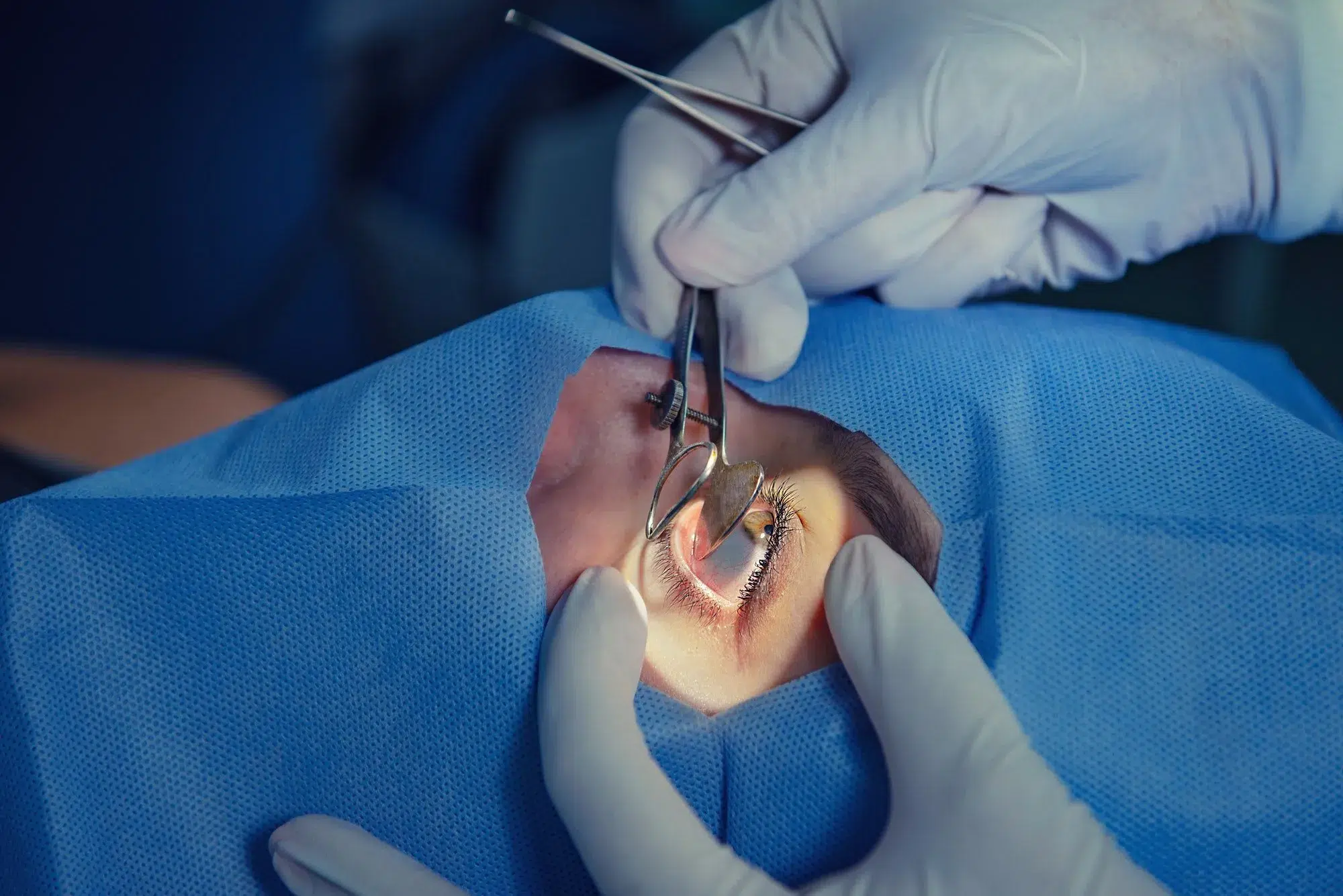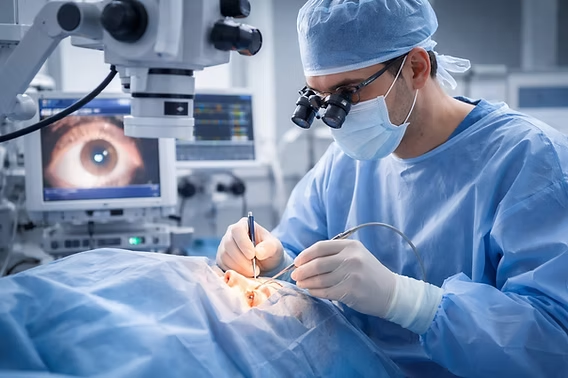Why Regular Eye Tests Matter More Than You Think

Most of us remember to schedule dental cleanings or yearly health check-ups, but how often do you prioritize your eyes? Surprisingly, many people skip their routine eye tests, believing they only need one when vision gets blurry or reading small print becomes a chore. Yet, this belief could put your eye health—and even your life—at risk.
In this post, written by Dr. Madhava Rao’s team at Retina Care Abu Dhabi, we explore why regular eye tests matter more than you think, revealing how these simple appointments can detect silent diseases, prevent vision loss, and even uncover hidden health issues long before symptoms appear.
The Importance of Regular Eye Exams
Your eyes are not just vision organs—they are windows into your overall health. A comprehensive eye exam does much more than check your ability to see clearly; it also allows specialists to detect serious conditions like:
- Glaucoma
- Diabetic Retinopathy
- Macular Degeneration
- Cataracts
- Hypertension-related changes
- Brain tumors and strokes (through optic nerve examination)
The importance of regular eye exams can’t be overstated—they serve as preventive health checks that protect both your vision and general well-being.
Benefits of Routine Eye Check-Ups
Scheduling routine eye check-ups brings more than peace of mind. The benefits include:
- Early Detection of Eye Diseases Conditions like glaucoma or macular degeneration progress silently. Early detection allows for early intervention.
- Preventing Vision Loss with Eye Exams Many forms of permanent vision loss can be prevented with timely diagnosis and treatment.
- Up-to-Date Prescription Glasses or Contact Lenses Regular exams ensure your vision correction is effective and safe, reducing eye strain and headaches.
- Monitoring for Other Health Issues Your retina can reveal signs of diabetes, high blood pressure, cholesterol imbalances, and more.
Signs You May Need an Eye Exam Sooner
Don’t wait for your next scheduled check-up if you notice:
- Blurry or distorted vision
- Frequent headaches
- Sudden vision loss or dark spots
- Eye strain or discomfort
- Flashes of light or new floaters
- Difficulty seeing at night
These could be the early signs of serious eye diseases like retinal detachment or diabetic retinopathy that require immediate medical attention.
The Risks of Skipping Eye Tests
Avoiding routine eye exams can lead to:
- Delayed Diagnosis of Retinal Problems Eye diseases like glaucoma have no early warning signs but can lead to irreversible blindness if left untreated.
- Increased Risk of Systemic Health Issues Eye exams often reveal signs of conditions like hypertension and diabetes—diseases that affect multiple organs.
- Unexpected Vision Loss Skipping eye exams could result in missing early intervention opportunities, causing permanent vision damage.
Eye Tests for Children and Adults: Why Both Matter
- For Children: Regular eye tests ensure proper eye development and catch conditions like amblyopia ("lazy eye") early.
- For Adults: Vision changes with age. Routine checks detect age-related diseases and help adjust prescriptions as needed.
How Comprehensive Eye Exams Protect Your Eyesight
A comprehensive eye exam includes:
- Vision sharpness testing
- Eye pressure check (for glaucoma)
- Retina examination
- Visual field assessment
- Pupillary response and eye muscle function
- Dilated eye examination (to view the optic nerve and retina in detail)
This thorough evaluation ensures no early warning sign is missed.
FAQs:
Q1. Why are regular eye exams important even if my vision seems fine?
1. Why are regular eye exams important even if my vision seems fine?
Q2. How often should an adult get their eyes tested?
Every 1–2 years; more frequently if diabetic or over 60.
Q3. What diseases can an eye test detect?
Glaucoma, macular degeneration, diabetic retinopathy, cataracts, and even signs of systemic conditions like diabetes and high blood pressure.
Q4. Can skipping eye exams lead to blindness?
Yes, untreated eye diseases like glaucoma can cause irreversible vision loss.
Q5. Are eye tests necessary for children?
Absolutely; they help ensure proper visual development and detect issues that could affect learning.
Q6. What is included in a comprehensive eye exam?
Visual acuity test, pressure measurement, retinal check, eye muscle movement analysis, and dilation if needed.
Q7. Can an eye exam detect diabetes?
Yes; retinal blood vessels often show early signs of diabetic damage.
Call to Action
Your eyes deserve the best care. Protect your vision and overall health by scheduling a comprehensive eye exam with Dr. Madhava Rao’s Retina Care Abu Dhabi team today. Early detection saves sight—and sometimes lives.
- Book Your Eye Test Now or call us at +971-XXX-XXXX.







